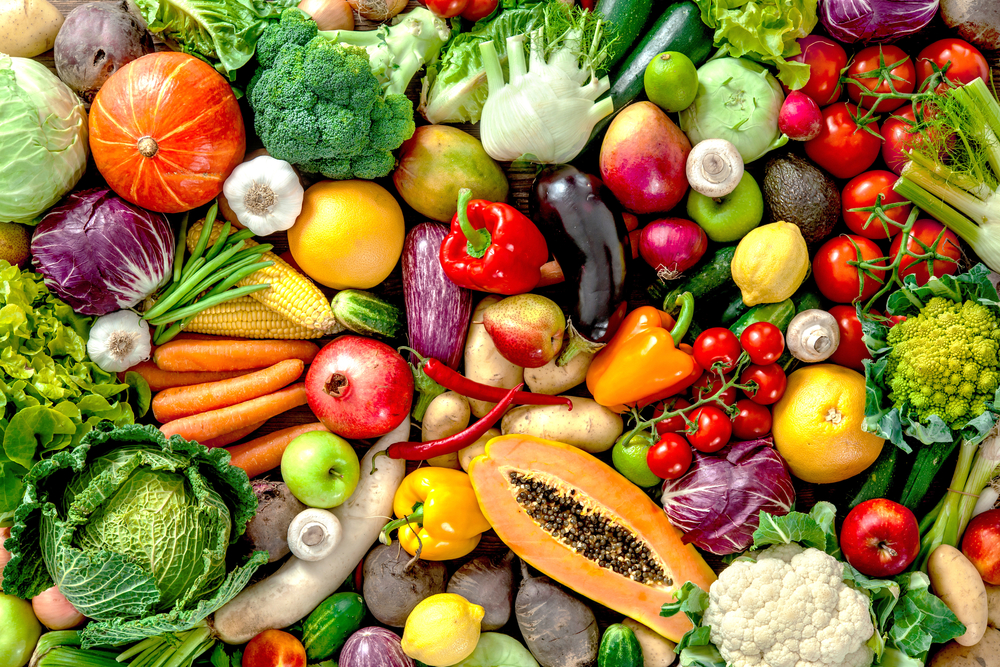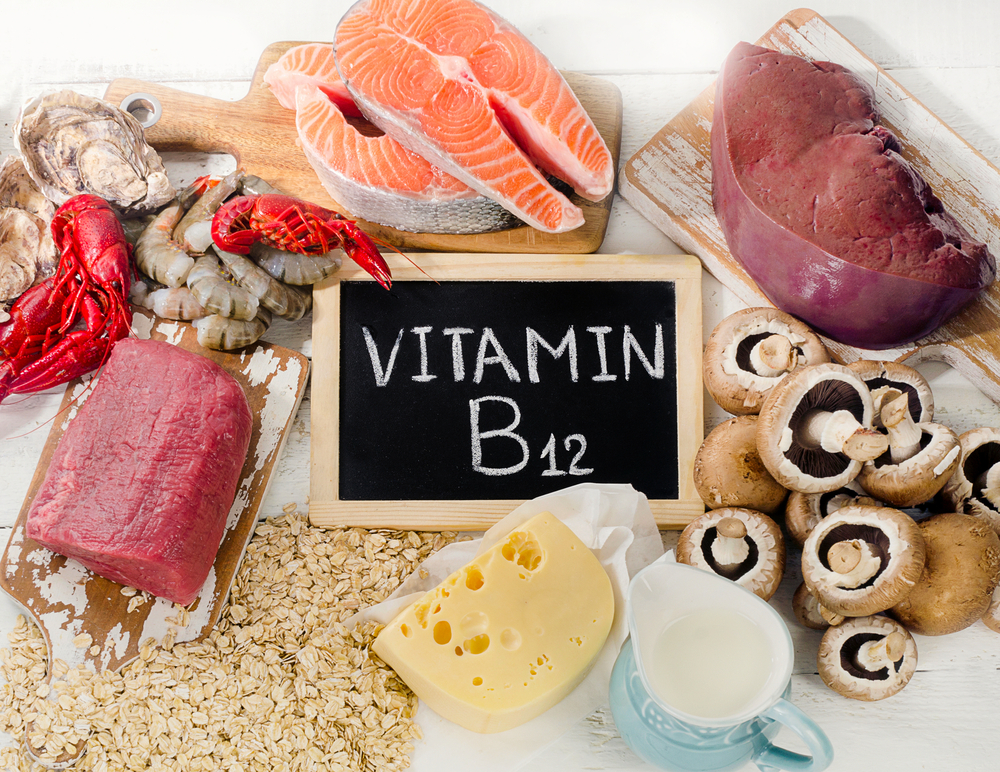September is World Alzheimer’s Month highlighting the importance of talking about dementia.
Clinical nutritionist Suzie Sawyer shares her insights into the disease as well as tips on how to manage some of the risk factors.
While research is constantly evolving into the causes of Alzheimer’s in terms of genetic and environmental influencers, we understand more now about risk factors and how to modify them through lifestyle and dietary changes.
Inflammation
Importantly, and as with all our degenerative diseases, inflammation is a factor in Alzheimer’s. In this case, plaques are formed from a toxic protein, beta-amyloid, which attacks brain cells and causes inflammation. Risks are higher in someone who has a low antioxidant intake, which protects the brain from oxidative damage.
Risk Factors
Other risk factors include high levels of the stress hormone cortisol which damages the brain, poor liver detoxification and lack of sufficient B-vitamins leading to raised levels of another potentially toxic protein, homocysteine.
The good news is there are some things you can do to try and mitigate these risk factors.
Get a grip on stress
When we’re in fight or flight mode the body naturally releases the stress hormone cortisol to help us deal with the cause. Short-term stress is a normal response to life’s challenges, but prolonged stress is certainly not. High cortisol can cause dendrites leading to brain cells to shrivel up.

The good news is that the herb ashwagandha, a popular and well-researched ayurvedic herb, has been found to help bring cortisol levels down over a relatively short period and return the body to a more normal state.
Lifestyle changes can also help enormously when stress is a factor, especially deep breathing (five seconds in, five seconds out for five minutes – remember 555!) which pushes the body into the parasympathetic nervous system where it likes to be.

Excess caffeine and other stimulants such as alcohol can also raise cortisol levels, so are best avoided during those challenging moments in life
Add more antioxidants
Lack of dietary antioxidants can lead to an excess exposure to oxidants which can damage the brain. Top of the list of antioxidants that help support the brain are vitamin C and vitamin E. So, it’s important to increase intake of vitamin E-rich foods, which include avocados, soya beans, almonds, red peppers, asparagus and vegetable oils including sunflower and olive. No wonder the typical Mediterranean diet has been found to help protect against Alzheimer’s.

Having a colourful diet, including loads of fruits and vegetables, will provide plenty of antioxidants, so make sure your meals are as colourful as possible.
Load up on B vitamins
All B vitamins are important but with special shout-outs to vitamins B3, B6, B12, and folic acid (vitamin B9). Why? Because they’ve been found to reduce levels of homocysteine, known to be a factor in Alzheimer’s.
Homocysteine is an amino acid, produced from a normally beneficial amino acid, methionine. Homocysteine is produced in too high amounts when there is insufficient folic acid and vitamin B6 in the body and has been found to cause neurological damage. Indeed, people with high levels of homocysteine may have double the risk of Alzheimer’s compared to people with lower levels. These B-vitamins help the body make good use of the sulphur-producing and detoxifying amino acid, methionine rather than turning it into something we don’t want.

The good news is that B-vitamins are readily found in many foods including eggs, meat, fish, dark green vegetables, and whole grains such as oats. You may also want to consider a supplement, as B-vitamins are water-soluble and easily excreted from the body.
Eat some smart fats
These are the essential omega-3s that must be eaten (or supplemented) as the body can’t produce them from within. They are a key component of brain cell membranes but are also highly anti-inflammatory so are crucial to maintaining a healthy brain.

Oily fish such as salmon, tuna, herring, mackerel and sardines are your friends in this respect or flaxseeds if you’re vegetarian. You can also obtain vegan DHA (a key omega-3 fat) which is sourced from algae. Many people have low levels of omega-3 fats so it’s worth supplementing, as they are so important.























Add comment